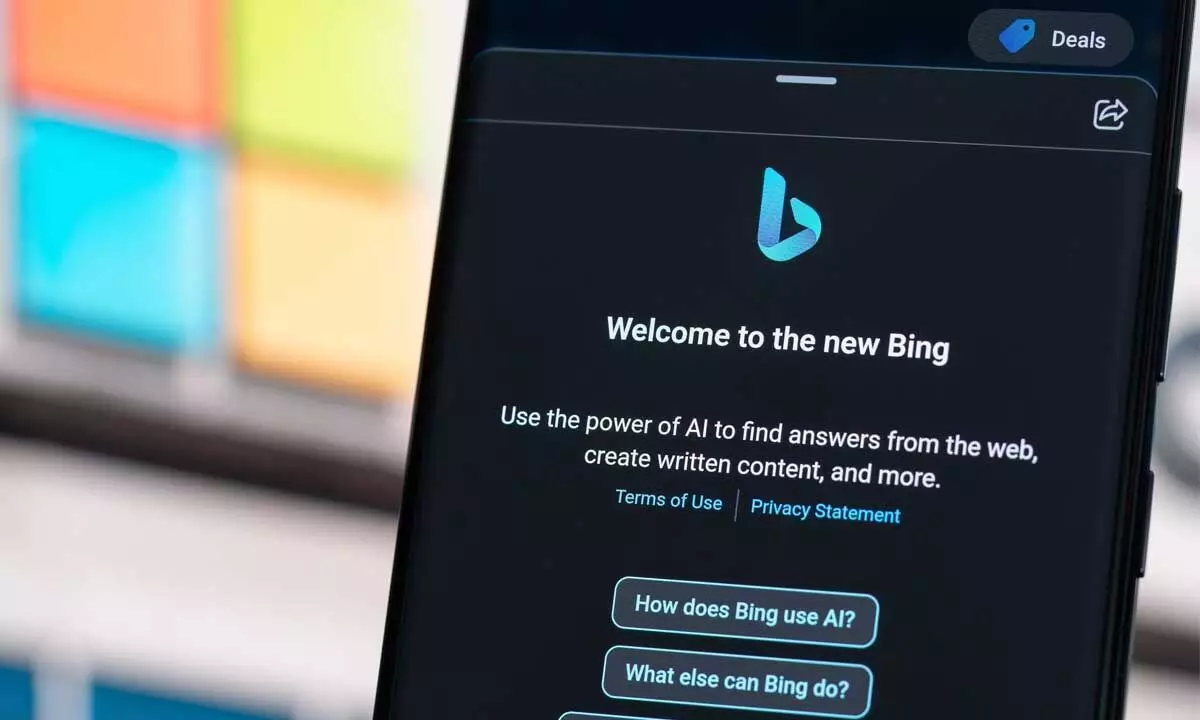Microsoft creates AI-Powered ‘Deep Search’ feature for Bing

Microsoft has created a ”Deep Search” feature for its Bing search engine powered by OpenAI’s GPT-4 that will give users more relevant and comprehensive answers to complex search queries.
Deep Search is not a replacement for Bing’s existing web search, but an enhancement that offers the option for a deeper and richer exploration of the web.
“Deep Search builds on Bing’s existing web index and ranking system and enhances them with GPT-4. GPT-4 is a state-of-the-art generative AI LLM (Large Language Model) that can create natural language text from any input,” said Microsoft.
In the case of “Deep Search”, GPT-4 takes the search query and expands it into a more comprehensive description of what an ideal set of results should include.
“Deep Search” leverages GPT-4 to find all the possible intents and computes an comprehensive description for queries.
“Regular searches on Bing already consider millions of web pages for each search and Deep Search does ten times that to find results that are more informative and specific than the ones that rank higher in normal search,” the company informed.
Once “Deep Search” has gathered a wide collection of web pages to review, it then ranks them according to how well they match the comprehensive description.
The feature uses a variety of signals to determine the relevance and quality of each result, considering factors like how well the topic matches, whether it’s at the appropriate level of detail, how credible and trustworthy the source is, how fresh and popular it is, and so on.
“By doing this, Deep Search can present a curated list of results and answers that are more likely to answer your question, satisfy your curiosity, or solve your problem,” according to Microsoft.
“Deep Search can take up to 30 seconds to complete. This might seem like a long time compared to normal search, but it can be worth the wait for more specific or comprehensive answers,” the company added.











